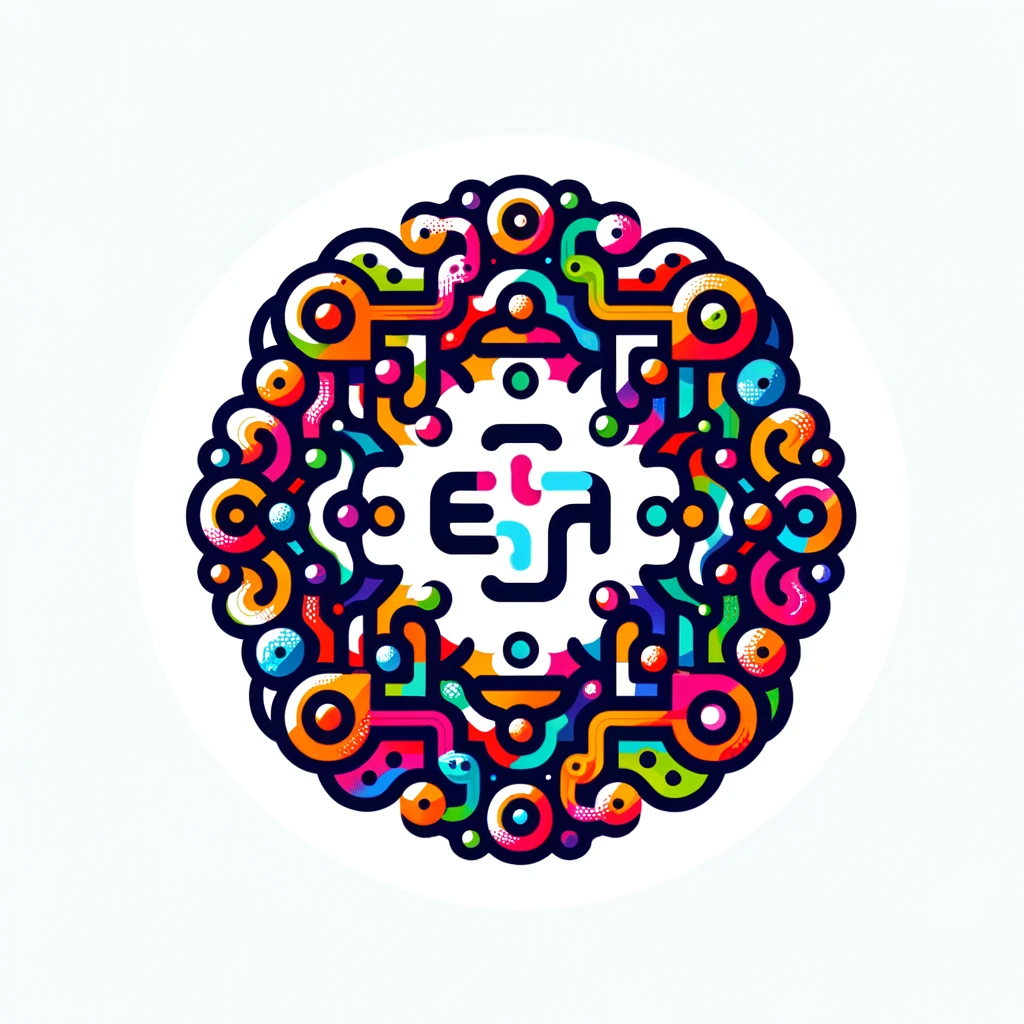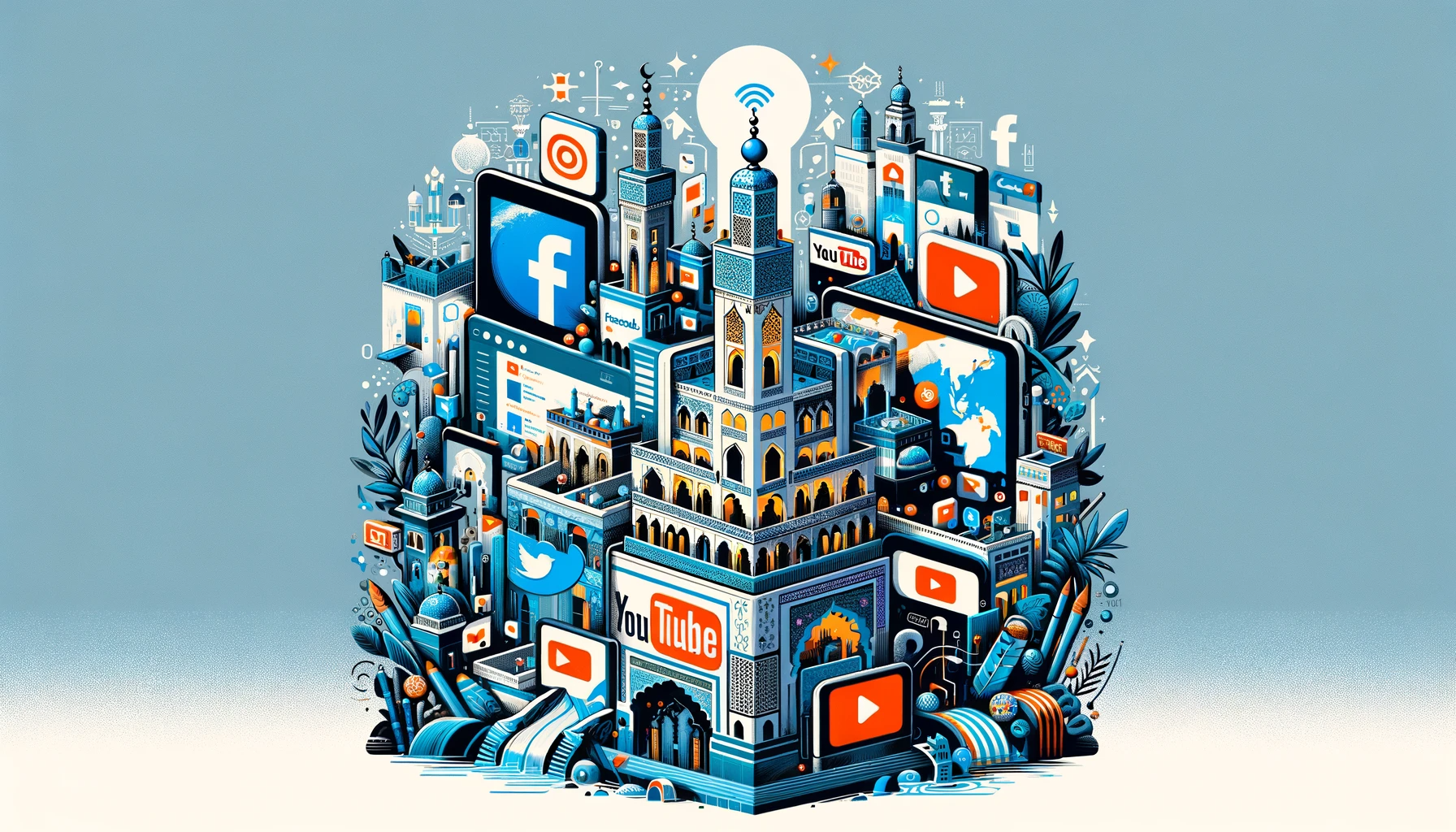Introduction
In the age where digital technology shapes our everyday life, an undercurrent issue lurks within the Moroccan digital landscape. Major Internet Service Providers (ISPs) in Morocco, including Maroc Telecom, Inwi, and Orange, might be playing a more significant role than expected in shaping the nation’s digital future.
This article delves into how these ISPs, through their data plans and policies, are potentially stifling the Moroccan digital ecosystem, with a particular focus on the critical issue of net neutrality.
Understanding Net Neutrality
Network neutrality, often referred to as net neutrality, is the principle that Internet service providers (ISPs) must treat all Internet communications equally, offering users and online content providers consistent rates irrespective of content, website, platform, application, type of equipment, source address, destination address, or method of communication (i.e., without price discrimination).
https://en.wikipedia.org/wiki/Net_neutrality
Net neutrality is the principle that ISPs should treat all data on the internet equally, without discriminating against or charging differently by user, content, website, or platform. It’s the digital equivalent of a level playing field.
In Morocco, however, the scenario seems quite different. The ISPs’ preferential treatment towards certain platforms, offering unlimited access to heavyweights like Facebook and YouTube, raises questions about the adherence to net neutrality principles.
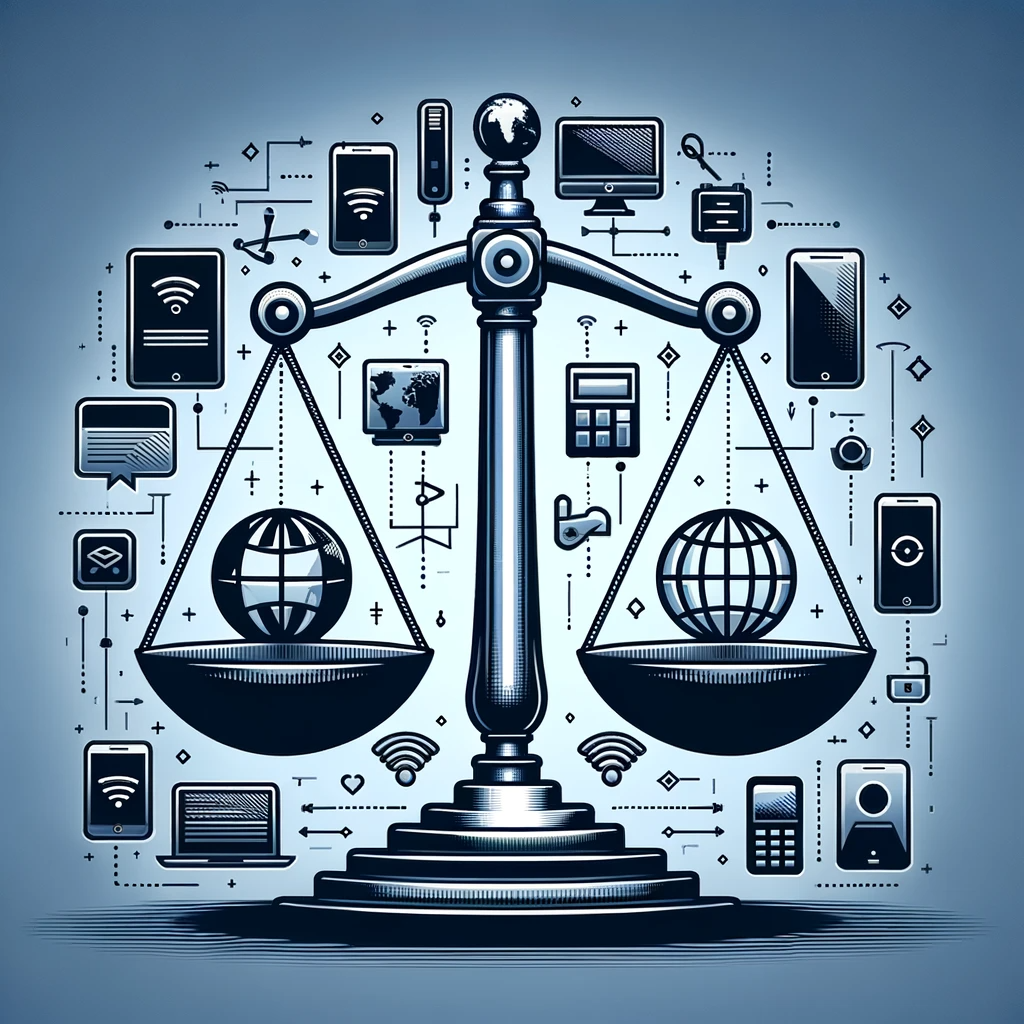
The ISP Strategies: A Closer Look
Analysis of the data plans offered by Moroccan ISPs reveals a trend: packages allowing unlimited access to popular social media platforms at relatively low costs, while imposing restrictive data caps on general internet use. This practice, while seemingly consumer-friendly, can have far-reaching implications. It encourages a narrow internet usage pattern, heavily skewed towards these platforms, and deters users from exploring the wider internet – a digital phenomenon often termed as ‘walled gardens.’

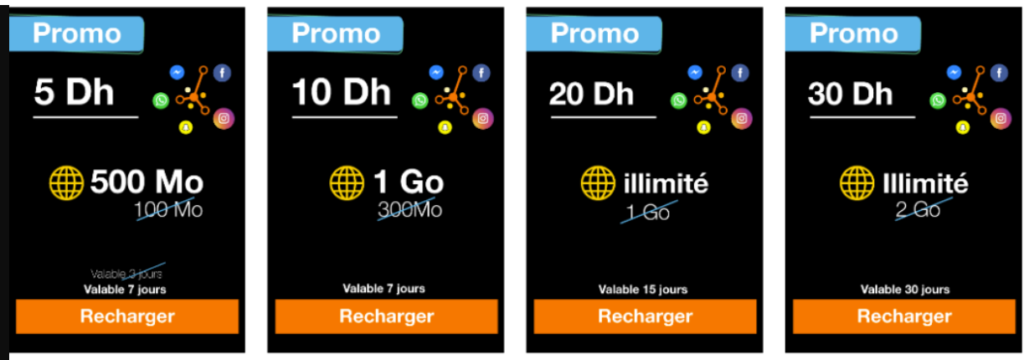
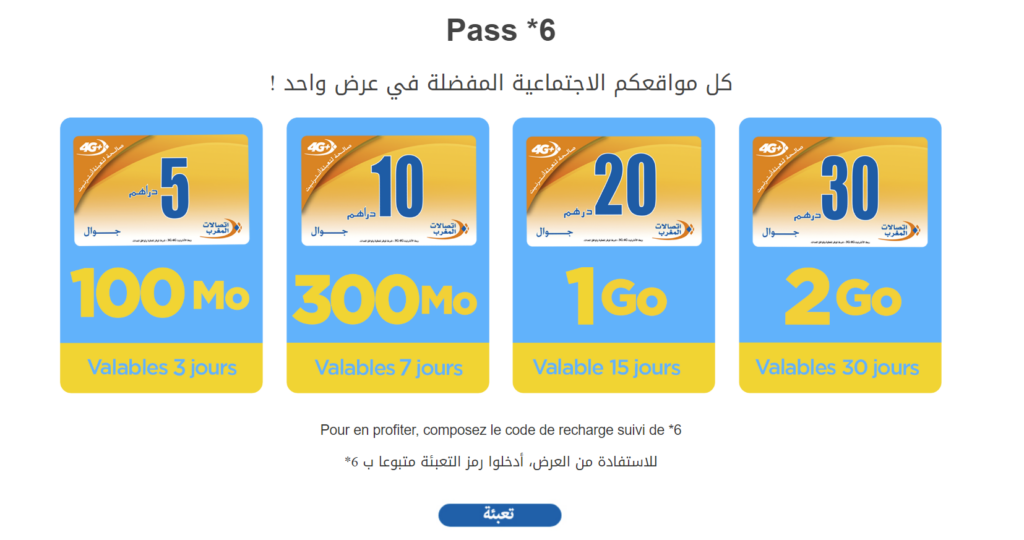
Implications for the Digital Ecosystem
The repercussions of such practices are manifold. Startups and local digital enterprises, not featured in these exclusive packages, face an uphill battle for visibility and user engagement. Educational content, diverse news sources, and innovative platforms outside these ‘walled gardens’ struggle to reach their potential audience. Moreover, this model perpetuates a cycle where only a handful of international platforms dominate the digital discourse, potentially hindering the growth of a diverse and robust digital ecosystem in Morocco.
Comparative Global Perspective
Globally, countries upholding strict net neutrality laws showcase a stark contrast. Their digital landscapes thrive with diverse content and services, promoting innovation and competition. In these environments, new technologies, including AI and e-commerce platforms, get a fair chance to compete, driving a more dynamic and inclusive digital market.
The Path Forward
Addressing this issue requires a concerted effort from multiple stakeholders. ISPs could reconsider their data plan structures, aiming for a more balanced approach that doesn’t disproportionately favor certain platforms. Policymakers and regulatory bodies need to engage in creating and enforcing laws that uphold net neutrality, ensuring an equitable digital playing field. This is not just a matter of fair competition but also of fostering an environment conducive to innovation and diversity in the digital realm.
Conclusion
As Morocco strides forward in the digital age, the role of ISPs in shaping this journey is pivotal. Upholding net neutrality is not just about ensuring fair competition; it’s about nurturing an ecosystem where innovation, education, and diversity can thrive. As we continue to explore and expand in the realm of digital technology, the need for a balanced and inclusive digital landscape becomes increasingly essential.
